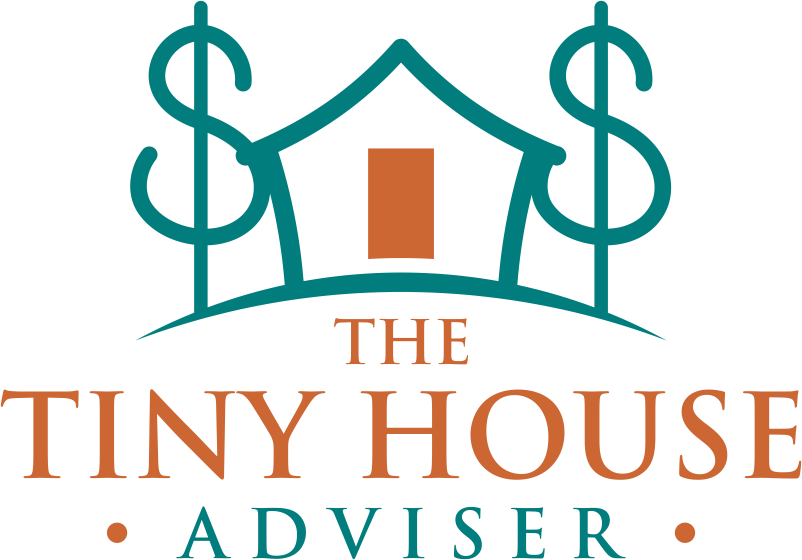EP 48: Finding Financial Freedom Through Regenerative Wealth with Laura Oldanie
In the latest episode of our podcast, Laura Oldanie, a green living and money coach, joins us to discuss the concept of regenerative wealth and how it can help individuals achieve financial freedom while addressing social and environmental challenges. This episode dives deep into how you can achieve balance, find your financial "enough," and make smarter, sustainable financial decisions that support your long-term well-being.
What is Regenerative Wealth?
Regenerative wealth refers to a broader and more sustainable approach to building and maintaining wealth. Unlike traditional wealth-building methods that focus solely on accumulating money, regenerative wealth focuses on creating systems that can regenerate and support not just financial capital, but also environmental and social capital.
The Benefits of Thinking Beyond Traditional Wealth
By thinking about wealth in terms of resilience and sustainability, individuals can reduce stress and burnout caused by the constant push to save for retirement and other future needs. Regenerative wealth is about creating systems that thrive over time, creating a balance between personal wealth, the environment, and society.
Achieving Balance and Freedom with Money: Why Money Doesn’t Equal Status or Respect
In this episode, Laura explains why many people associate money with respect and status, but this mindset can lead to dissatisfaction and stress. True financial freedom is about more than just accumulating wealth—it’s about aligning your finances with your values, knowing when you have enough, and creating balance in your life.
Finding Your “Enough”
Recognizing how much money is "enough" for you is an important step toward achieving financial freedom. This allows you to stop focusing on endless accumulation and start focusing on enjoying the life you've built. Understanding this concept can reduce anxiety and increase peace of mind.
Balancing Financial Independence and Well-being
While the FIRE movement (Financial Independence, Retire Early) encourages people to save aggressively for an early retirement, Laura warns that this can often lead to burnout. Instead, finding a balance between financial independence and mental well-being is key to long-term happiness.
Types of Capital and Currency
Financial Capital
The most common form of capital is financial, which includes cash, investments, and savings. However, in a world focused on sustainability, financial capital alone may not be enough to support a truly prosperous life.
Social and Environmental Capital
In addition to money, social capital (relationships and networks) and environmental capital (natural resources and sustainable practices) are also essential forms of wealth. Focusing on these forms of capital can lead to a more holistic and sustainable approach to building wealth.
How to Invest Responsibly: Sustainable Wealth Building Practices
Investing with sustainability in mind means considering how your investments impact the environment and society. Laura encourages listeners to invest in ways that not only retain value but also contribute positively to the world. This includes supporting businesses that prioritize sustainability and ethical practices.
The Importance of Value Retention in Investments
Choosing investments that retain their value over time, such as real estate or sustainable businesses, helps ensure long-term wealth without relying solely on the traditional stock market. This approach can provide both financial security and peace of mind.
Overcoming Fear and Stress Around Money: Why Perpetual Saving Can Lead to Burnout
Laura challenges the conventional notion of constant saving and accumulating wealth for retirement. While saving is important, too much focus on it can cause burnout and stress. Instead, consider designing your life in a way that aligns with your values, allowing you to enjoy the present while preparing for the future.
How to Take Proactive Steps Toward Financial Empowerment
One of the key takeaways from this episode is the importance of taking proactive steps toward financial empowerment. This includes setting clear goals, prioritizing sustainable investments, and recognizing when you have achieved financial "enough" to live comfortably.
Conclusion: Embracing Regenerative Wealth for a Balanced Future
By embracing regenerative wealth, you can create a future that is not only financially secure but also aligned with your values and goals. This approach encourages balance, responsibility, and sustainable wealth-building practices that will serve you and the planet for years to come. Take proactive steps today toward financial freedom and a more sustainable lifestyle.
Quotes from the episode
“It’s important to recognize what enough means for you, and then knowing that you don’t have to keep pushing and stressing to get more money.” - Laura Oldanie
“We spend so much time and energy working to earn and save money for retirement to afford this expensive healthcare in our later years, but we’re creating those health problems that we need the money for by stressing and focusing so much on working all of the time.” - Laura Oldanie
“We don’t have to wait for government leaders and these laws or regulations to start taking place. We, the people, can start taking action.” - Laura Oldanie
Subscribe to the podcast
Apple Podcasts | Spotify | Stitcher | Amazon Music | YouTube Music | RSS
